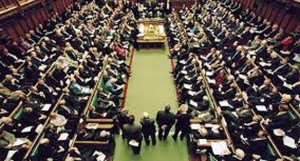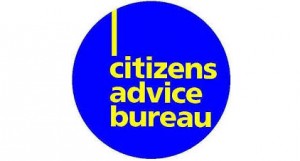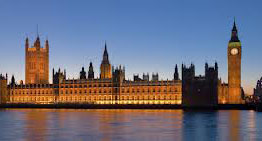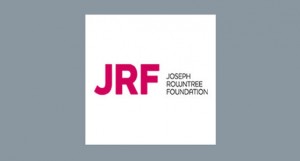 Today DECC published the consultation document on the future of the Energy Company Obligation (ECO). The consultation will run from 5th March to the 16th April.
Today DECC published the consultation document on the future of the Energy Company Obligation (ECO). The consultation will run from 5th March to the 16th April.
DECC says:
The majority of these proposals were highlighted as part of Government’s announcement on 2 December 2013. As set out in the December announcement we are proposing these changes to reduce pressures on consumer bills and ensure ECO provides value for money for energy consumers; while continuing to help tackle fuel poverty, support the development of sustainable energy efficiency supply chain and improve the energy efficiency of our housing stock.
While it is clearly right that we look to ensure government policies do not unreasonably impact on consumer bills, we also recognise the impact of these proposals on the energy efficiency market. In particular we recognise that the uncertainty created by the proposed changes has had an effect on delivery on the ground and that consequently the supply chain has seen a contraction in demand.
This consultation is a key opportunity to make sure we implement these changes as effectively as possible, taking into account industry needs and the experience of ECO delivery over the last year.
Consultation closes 16th April 2014.
Read more here.
 The review looked at how firms treat customers in arrears or financial difficulty. This is of particular concern as the possibility of interest rate rises looms. The review finds that arrears management in firms has improved since the last review. However, mortgage lenders and administrators need to place greater emphasis on delivering consistently fair outcomes for customers based on their individual circumstances.
The review looked at how firms treat customers in arrears or financial difficulty. This is of particular concern as the possibility of interest rate rises looms. The review finds that arrears management in firms has improved since the last review. However, mortgage lenders and administrators need to place greater emphasis on delivering consistently fair outcomes for customers based on their individual circumstances. Written evidence can be submitted until 13th March. Members might like to consider responding. See
Written evidence can be submitted until 13th March. Members might like to consider responding. See 
 This
This  Low levels of consumer switching characterise many essential services markets (think current accounts or energy suppliers) and mean that competition alone isn’t sufficient to drive improvements.
Low levels of consumer switching characterise many essential services markets (think current accounts or energy suppliers) and mean that competition alone isn’t sufficient to drive improvements.  As of 2nd Jan Ofgem has banned suppliers from offering complex tariffs. The reforms also mean that once a consumer has decided how they want to pay for energy they will have just four core tariffs to choose from for gas and four for electricity, from each supplier. Read more from Ofgem
As of 2nd Jan Ofgem has banned suppliers from offering complex tariffs. The reforms also mean that once a consumer has decided how they want to pay for energy they will have just four core tariffs to choose from for gas and four for electricity, from each supplier. Read more from Ofgem  T-Mobile’s service links a pre-paid Visa card to an app on the phone. Cards can be used at ATMs, in shops and to pay bills, and the app can be used to keep track of transactions and balances. Millions of Americans don’t have traditional bank accounts and T-Mobile claim that this service may provide a cheaper alternative to cheque-cashing services and payday lenders. Pre-paid cards are growing in popularity in the US. Read more
T-Mobile’s service links a pre-paid Visa card to an app on the phone. Cards can be used at ATMs, in shops and to pay bills, and the app can be used to keep track of transactions and balances. Millions of Americans don’t have traditional bank accounts and T-Mobile claim that this service may provide a cheaper alternative to cheque-cashing services and payday lenders. Pre-paid cards are growing in popularity in the US. Read more  Ofcom has published a guide which offers advice to people with learning difficulties on how to get the most out of their mobile phone and on how much it could cost. It gives information on:
Ofcom has published a guide which offers advice to people with learning difficulties on how to get the most out of their mobile phone and on how much it could cost. It gives information on: A briefing called Ethnicity and deprivation in England was published in December 2013 by the Centre on Dynamics of Ethnicity (CoDE) and others as part of a series The Dynamics of Diversity: evidence from the 2011 Census. It examines how likely ethnic minorities are to live in deprived neighbourhoods.
A briefing called Ethnicity and deprivation in England was published in December 2013 by the Centre on Dynamics of Ethnicity (CoDE) and others as part of a series The Dynamics of Diversity: evidence from the 2011 Census. It examines how likely ethnic minorities are to live in deprived neighbourhoods.